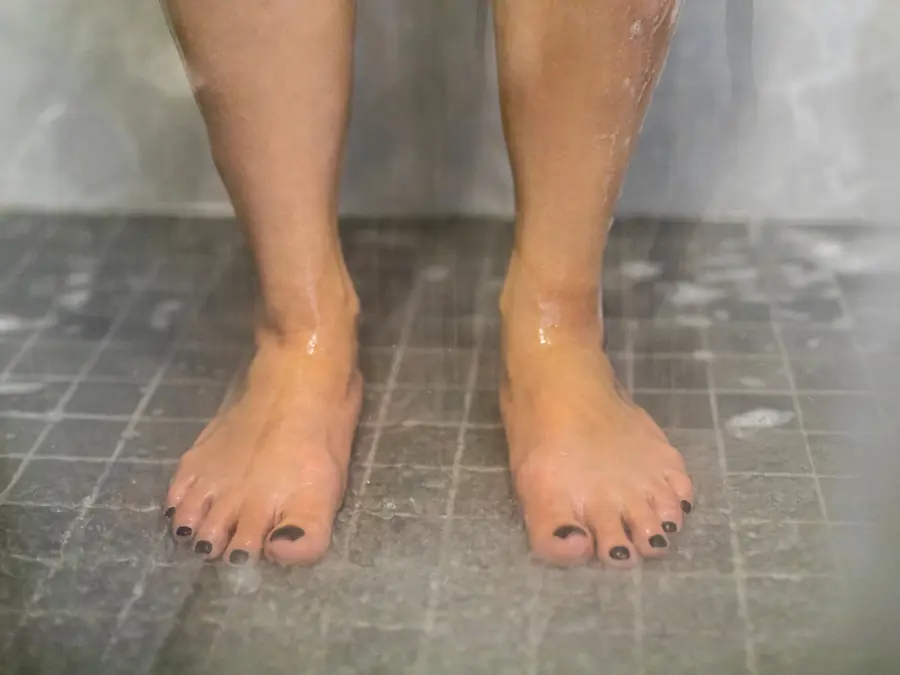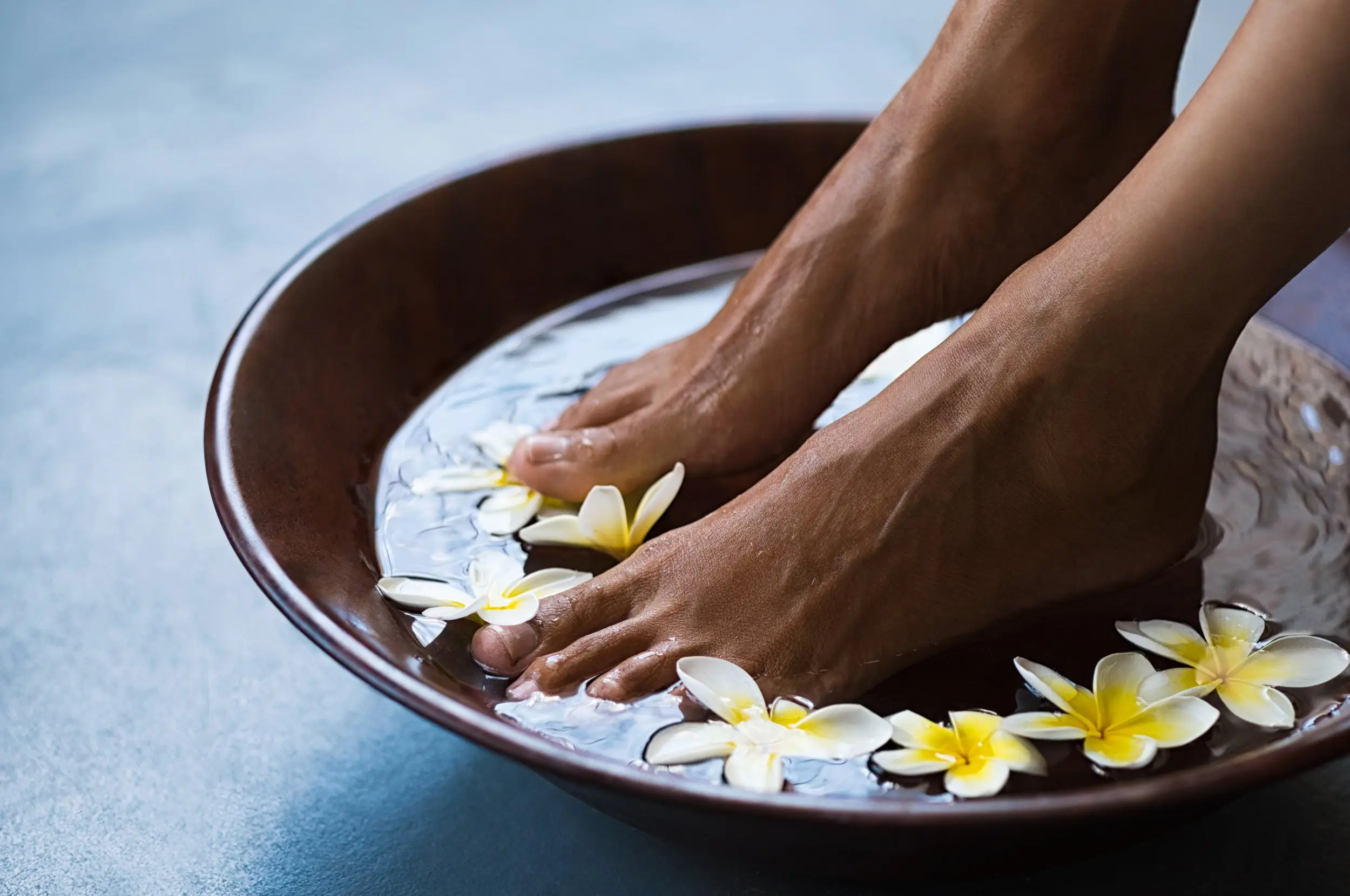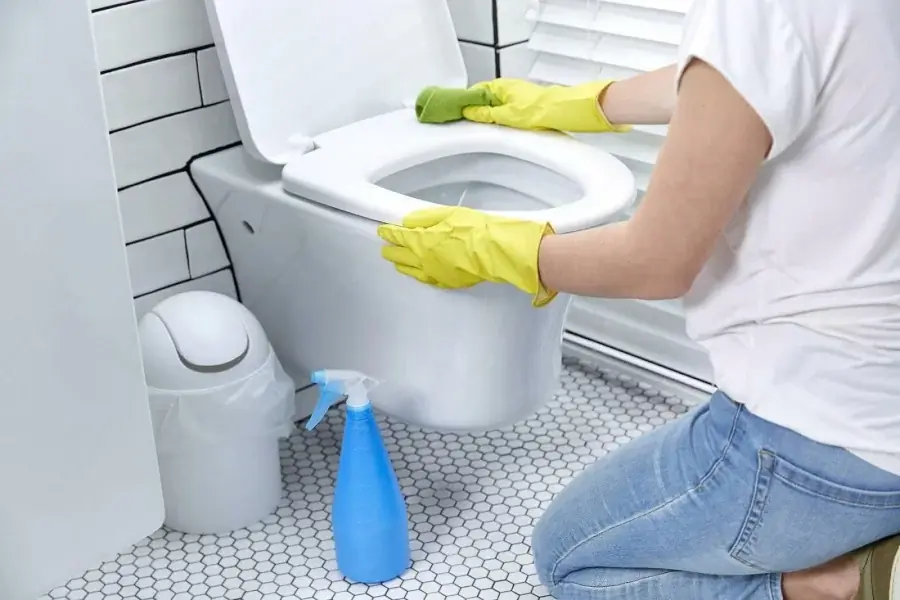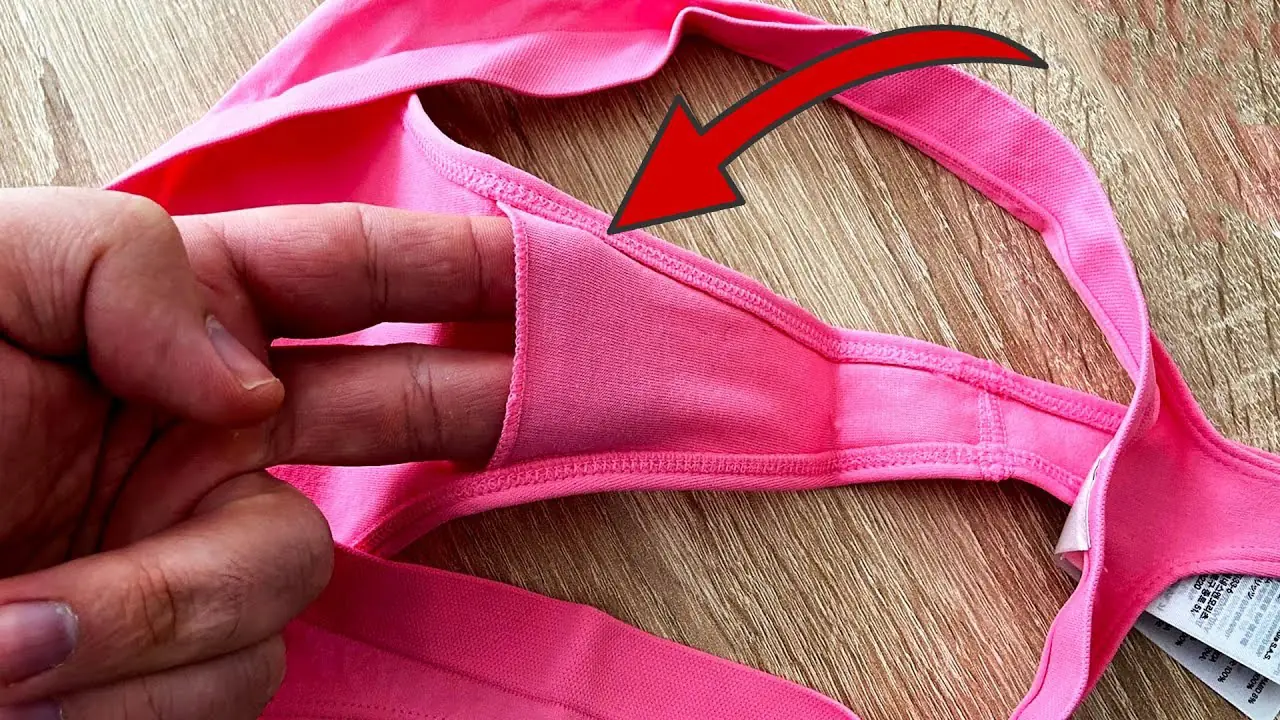
Is It Safe to Pee in the Shower? Here's What You Need to Know

Is Urine Sterile?
Despite popular belief, urine is not sterile. While healthy urine generally contains low levels of bacteria, it can harbor pathogens like Staphylococcus and Streptococcus, the bacteria responsible for infections like staph and strep throat. However, in a healthy individual, the bacteria counts in urine are typically low. If you have a urinary tract infection (UTI), the bacteria levels in your urine can be significantly higher.
Healthy urine consists mostly of water, electrolytes, and waste products like urea, a byproduct of protein breakdown. Although the presence of bacteria in urine isn't ideal, it's unlikely that your own urine would cause an infection unless you have an open wound or cut that comes into contact with the urine.

Is Peeing in the Shower Unhygienic?
The idea that urine is “dirty” may seem reasonable to some, but when you consider the daily activities in the shower, it’s clear that the shower floor and the water running over your body often come into contact with less-than-sterile substances. Dirt, sweat, and even menstrual blood are regularly washed off during a shower. Therefore, a little bit of urine is unlikely to present a significant hygiene risk, especially if you're healthy and the amount of urine is minimal.
As long as you practice regular cleaning of your shower, any potential sanitary concern from urine can be easily managed. Giving the shower floor a quick rinse before you exit can help wash away any residue, further reducing risks.
Environmental Benefits of Peeing in the Shower
From an environmental perspective, peeing in the shower can have significant benefits. The SOS Mata Atlantica Foundation in Brazil highlighted that each toilet flush uses approximately 3-4 gallons of water. By choosing to pee in the shower, you can save water that would have otherwise been used for flushing, which adds up over time. In fact, research suggests that by eliminating just one flush a day, you could save over 1,100 gallons of water a year.
Moreover, the University of East Anglia in the UK launched the #GoWithTheFlow campaign, encouraging people to urinate while showering to help conserve water and lower utility bills. This simple habit can contribute to environmental sustainability by reducing water consumption and, ultimately, your water bill.
Can Urine Be Used to Treat Athlete's Foot?
One common belief surrounding urine is that it can help treat skin conditions like athlete’s foot due to its urea content, which is found in many skincare products. While urea is indeed used in creams and lotions for its moisturizing properties, there is no scientific evidence to support the idea that urinating on your feet can cure or prevent athlete’s foot. This is a misconception, and while urine is not toxic, it's not a recommended remedy for fungal infections or other skin issues.
What About Other Bodily Fluids in the Shower?
Urine isn’t the only bodily fluid that may end up on the shower floor. Sweat, mucus, menstrual blood, and even fecal matter can be washed off during a shower. While these fluids can contribute to overall hygiene concerns, the key to maintaining cleanliness in the shower is regular disinfection and good personal hygiene practices.
To ensure the shower remains sanitary, it's important to clean and disinfect it at least every 1 to 2 weeks. In between deep cleanings, a quick rinse with hot water at the end of each shower can help maintain cleanliness.
Health Considerations When Peeing in the Shower
If you’re the only one using your shower, peeing in the shower is generally considered safe, assuming regular cleaning is part of your routine. However, if you share a shower with roommates, family members, or others, it’s important to ask for consent before engaging in the habit.
For those using public showers, such as those in dorms, gyms, or public facilities, it’s advisable to avoid peeing in the shower. Public showers are commonly used by a variety of people, and you can never be sure if someone else has a contagious infection such as a UTI. You may be at risk of contracting infections, especially if you have open cuts or sores on your feet. Wearing shower shoes can help protect your feet from exposure to harmful bacteria in public showers.
Takeaway: Is Peeing in the Shower OK?
If you're the sole user of your shower, peeing in the shower is generally safe, provided you maintain good hygiene practices and regularly clean the area. The environmental benefits, such as water conservation, may even outweigh any minor concerns.
However, if you share your shower space with others, it’s best to check if everyone is comfortable with the idea. When using a public shower, it’s important to be considerate and always wear shower shoes to avoid potential infections.
Regular cleaning and rinsing of the shower floor can ensure any trace of urine is safely washed away, leaving the area clean and hygienic for everyone.
Credit
This article is based on research and information from Healthline, with additional insights into personal hygiene and environmental benefits derived from water conservation. For more information, refer to Healthline and other trusted health sources.
News in the same category


36-Year-Old Teacher Passed Away From Diabetes Doctors Say Was Triggered By Everyday Foods
Diabetes is a dangerous condition with numerous complications, and diet is a key factor.

Experts issue urgent warning about terrifying hidden symptom from taking Mounjaro and Ozempic
Experts have issued an urgent warning about a symptom that can come to light from taking drugs such as Mounjaro and Ozempic.

The Benefits of Epsom Salt Foot Soak: A Natural Remedy for Foot Pain and Health
Discover the health benefits of Epsom salt foot soaks, including pain relief, exfoliation, fungal infection treatment, and more. Learn how to safely use Epsom salt for foot health.

What Causes Blue Veins? Understanding the Reasons and When to Seek Help
Blue or green veins are common, but when should you worry? Learn the possible causes of visible veins, from genetics to lifestyle factors, and when it may indicate a medical condition.

7 Early Warning Signs of Diabetes You Shouldn’t Ignore: Act Now for Better Health
Learn about 7 early warning signs of diabetes that could be easily overlooked. Early detection can help manage diabetes, prevent complications, and improve quality of life. Read on for expert insights.

Genetic Link Between Endometriosis and Autoimmune Diseases Revealed in New Study
A new study has identified a shared genetic link between endometriosis and autoimmune conditions. Women with endometriosis are at a higher risk for diseases like rheumatoid arthritis, multiple sclerosis, and psoriasis.

People Warned to See a Doctor After Sharing Photo of Concerning Dark Line on Finger
A Reddit user received warnings to see a doctor immediately after posting an image of a dark line on their finger. Learn about melanonychia and why nail discoloration can be a serious health concern.

Breakthrough in Parkinson’s Treatment: Japanese Scientists Successfully Implant Lab-Grown Brain Cells
Japanese researchers have made a groundbreaking discovery in Parkinson’s treatment using lab-grown brain cells. Early results from the clinical trial show promising improvements in movement and dopamine production.

4 Simple Steps to Cool Your Home Faster and Save on Electricity Before Turning on the Air Conditioner

3-Blade vs. 5-Blade Fans: Which Cools Better? The Truth Behind Common Misconceptions

The Alarming Rise of Bowel C@ncer in Young Adults: Is Your Diet to Blame

United Airlines Passenger Punches Gate Agent, Kn0cking Them Out

Should You Close or Leave the Toilet Lid Open After Use? 90% of People Get It Wrong — Here's Why Your Bathroom Always Smells

4 Everyday Foods That Fuel C@ncer Cells

Fatty Liver Disease: A Silent Pathway to Liver C@ncer

The Hidden Purpose of the Pocket in Women's Underwear: More Than Just a Design Feature
In actuality, the "pocket" in women's underwear is actually a gusset, which serves a number very valid purposes.

This quick 'cup of tea' test could be a simple way to spot early signs of dementia in a loved one

A doctor has revealed a simple thumb test that can uncover a "ticking time b0mb" heart condition

Avocados are incredibly healthy, if using them incorrectly in these 3 common ways could actually have adverse effects
News Post

The Woman Who Walked Away: A Journey of Self-Discovery and Empowerment
A powerful tale of self-realization as Alina breaks free from a toxic relationship, finding strength and confidence after a painful breakup. Discover how she chooses her own path towards happiness and independence.

Silent Signals: Recognizing the Subtle Symptoms of Pancreatic C@ncer

The Earring in the Passenger Seat: A Suspicious Find Leads to a Truthful Confrontation
A woman finds a sh0cking truth after discovering a mysterious child’s drawing in her fiancé’s car. Suspicion, betrayal, and secrets unravel as she confronts him, ultimately deciding the fate of their relationship.

Am I Wrong for Not Laughing at My Fiancé's "Jokes" About Calling Off Our Wedding?
A bride-to-be is questioning her relationship after her fiancé repeatedly jokes about calling off their wedding. What happens when humor crosses the line into hurtful behavior?

36-Year-Old Teacher Passed Away From Diabetes Doctors Say Was Triggered By Everyday Foods
Diabetes is a dangerous condition with numerous complications, and diet is a key factor.

Experts issue urgent warning about terrifying hidden symptom from taking Mounjaro and Ozempic
Experts have issued an urgent warning about a symptom that can come to light from taking drugs such as Mounjaro and Ozempic.

The Benefits of Epsom Salt Foot Soak: A Natural Remedy for Foot Pain and Health
Discover the health benefits of Epsom salt foot soaks, including pain relief, exfoliation, fungal infection treatment, and more. Learn how to safely use Epsom salt for foot health.

What Causes Blue Veins? Understanding the Reasons and When to Seek Help
Blue or green veins are common, but when should you worry? Learn the possible causes of visible veins, from genetics to lifestyle factors, and when it may indicate a medical condition.

DIY Rice Cream for Radiant, Youthful Skin: The Japanese Secret to Erasing Wrinkles & Fine Line
With its powerful combination of rice, almond oil, and vitamin-rich ingredients, this rice cream provides nourishment, hydration, and antioxidant protection to your skin.

7 Early Warning Signs of Diabetes You Shouldn’t Ignore: Act Now for Better Health
Learn about 7 early warning signs of diabetes that could be easily overlooked. Early detection can help manage diabetes, prevent complications, and improve quality of life. Read on for expert insights.

5 Homemade Skin Toners for Smooth, Glowing Skin: Natural Remedies for Every Skin Type
By incorporating these toners into your daily routine, you can expect healthier, brighter, and more balanced skin without the use of harsh chemicals.

Genetic Link Between Endometriosis and Autoimmune Diseases Revealed in New Study
A new study has identified a shared genetic link between endometriosis and autoimmune conditions. Women with endometriosis are at a higher risk for diseases like rheumatoid arthritis, multiple sclerosis, and psoriasis.

Roasted Onion Peel and Garlic Peel Remedies for Grey Hair: Natural Solutions for Dark, Vibrant Hair
. Roasted onion peel and garlic peel offer effective, safe, and natural alternatives that can help you combat grey hair and restore youthful vitality.

People Warned to See a Doctor After Sharing Photo of Concerning Dark Line on Finger
A Reddit user received warnings to see a doctor immediately after posting an image of a dark line on their finger. Learn about melanonychia and why nail discoloration can be a serious health concern.

Breakthrough in Parkinson’s Treatment: Japanese Scientists Successfully Implant Lab-Grown Brain Cells
Japanese researchers have made a groundbreaking discovery in Parkinson’s treatment using lab-grown brain cells. Early results from the clinical trial show promising improvements in movement and dopamine production.

4 Simple Steps to Cool Your Home Faster and Save on Electricity Before Turning on the Air Conditioner

Effective Cumin Seed Detox Tonic for Belly Fat Reduction: Your Ultimate Guide to a Flatter Midsection
The cumin seed detox tonic is a natural, easy-to-make remedy that can help accelerate belly fat loss, improve digestion, and enhance overall health.

3-Blade vs. 5-Blade Fans: Which Cools Better? The Truth Behind Common Misconceptions

The Alarming Rise of Bowel C@ncer in Young Adults: Is Your Diet to Blame
